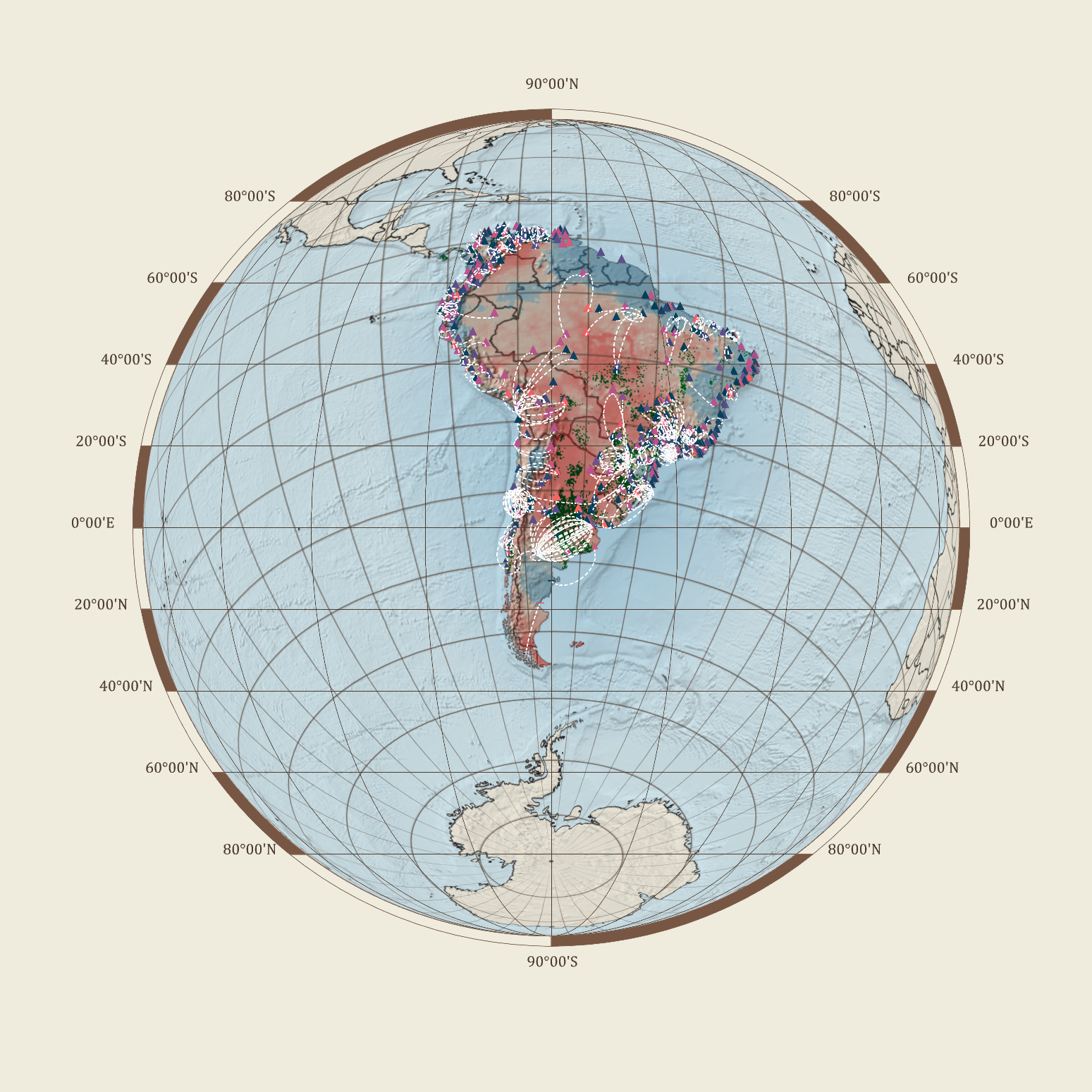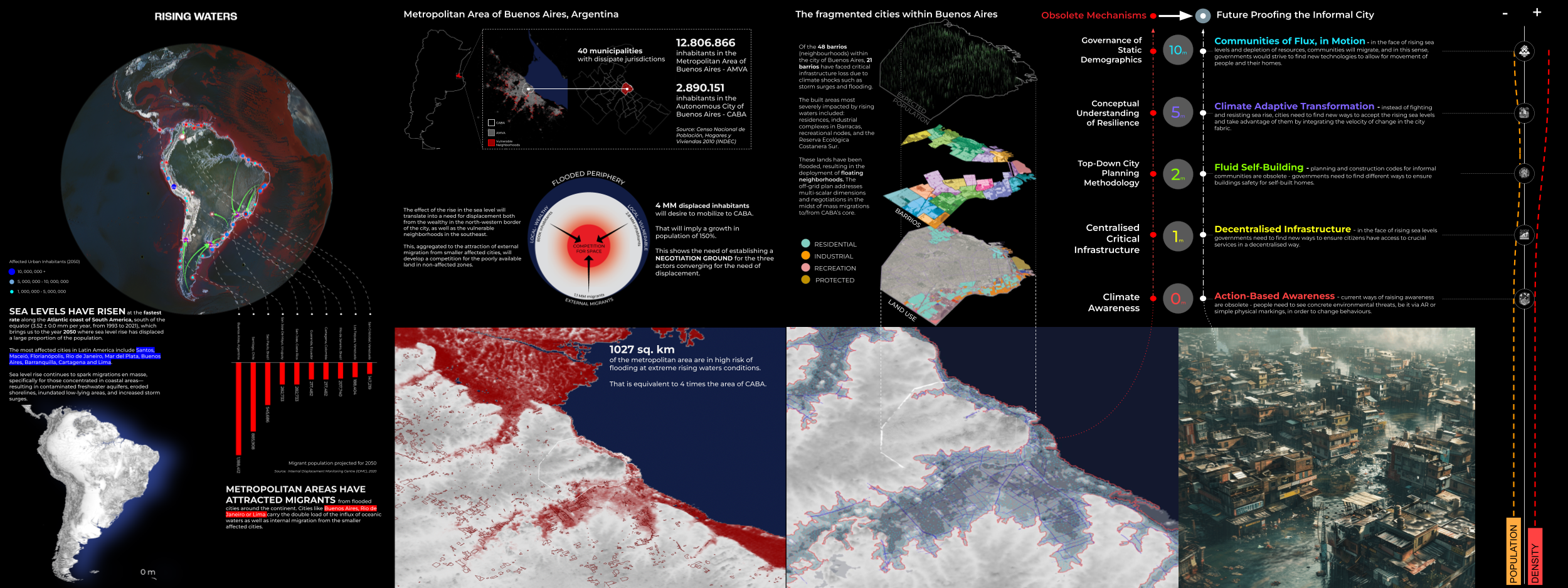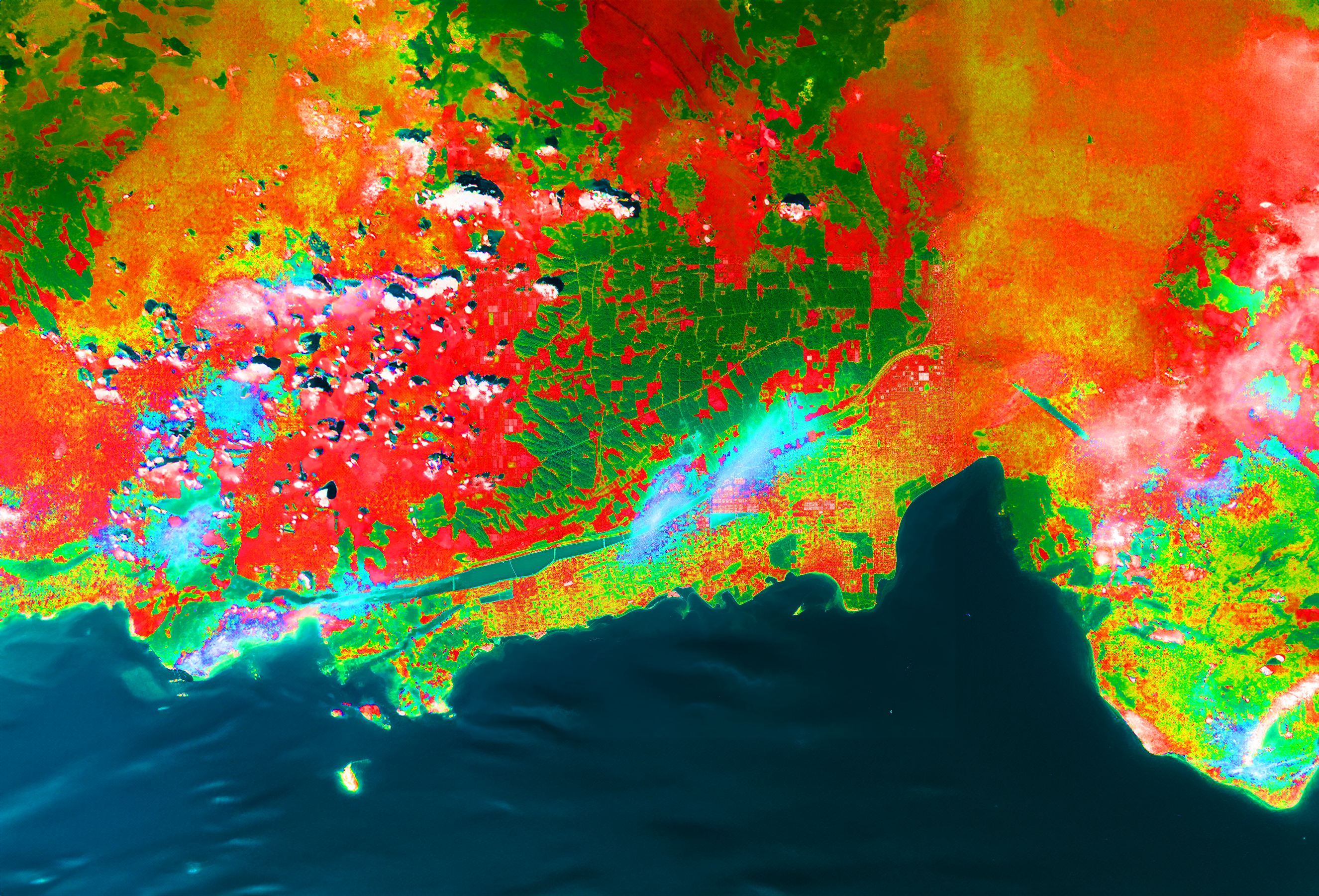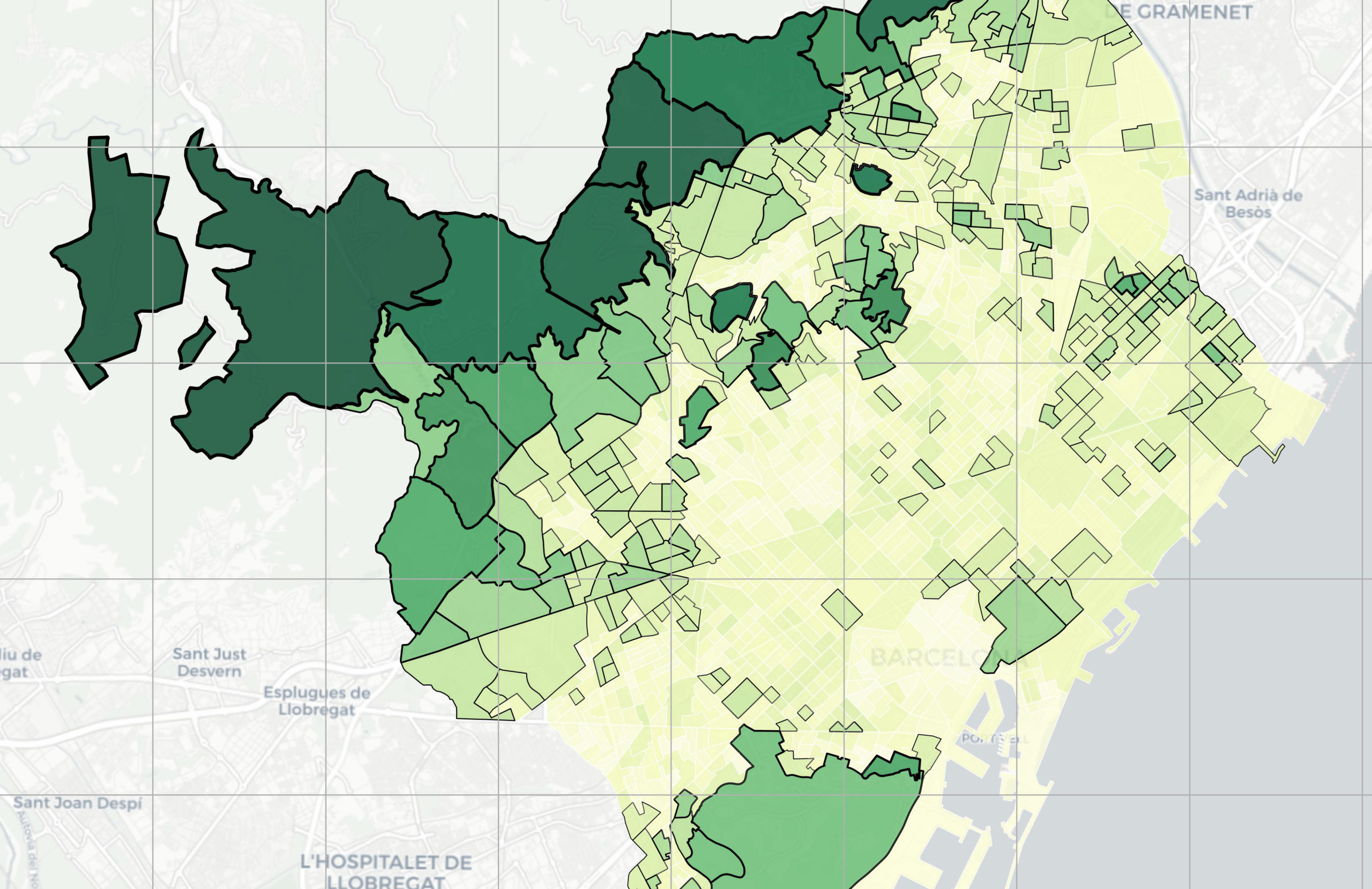Future Cities: Lahore – A Vision for 2050
Where is Lahore? Lahore, the capital city of the Punjab province in Pakistan, is a historic urban center known for its rich culture, vibrant life, and significant economic contributions. Situated near the eastern border with India, Lahore stands as a testament to centuries of evolution, from a small walled city to a sprawling metropolis. As … Read more







